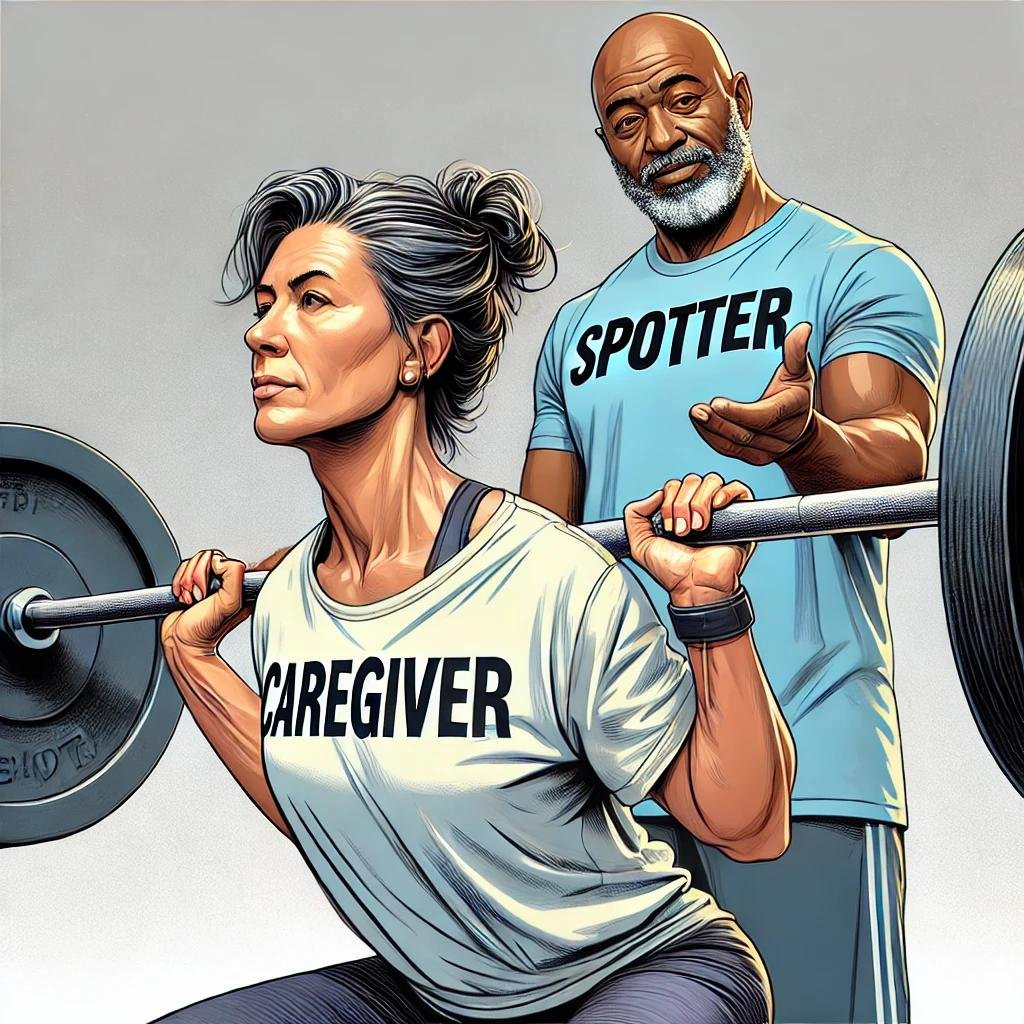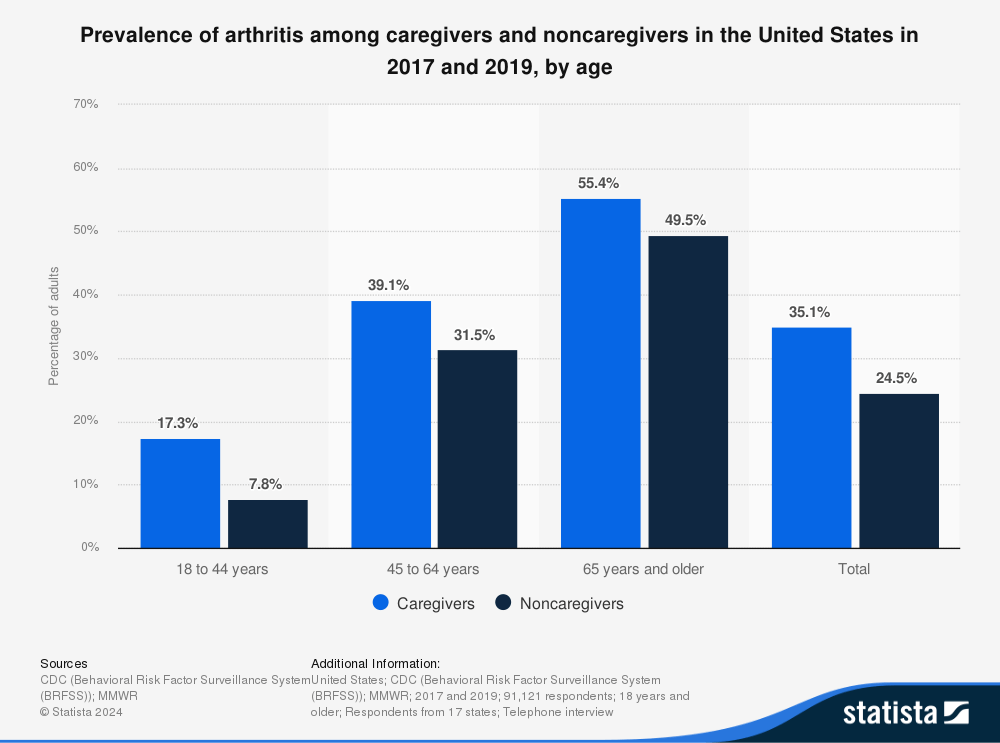
While perusing a Reddit caregiving forum recently, I searched for the word “resentment.” The volume of results from that search tells me that a lot of caregivers deal with feelings of resentment in their role.
One antidote to resentment can be building our appreciation for those we care for. Think about it: It’s hard to resent someone while celebrating their life, admirable traits, and quality time you’ve shared.
Have feelings of resentment ever caused you to lose your cool or your joy? It can happen to seasoned caregivers as well as to those who are new to the caregiving role.
A heartwarming guide for caregivers during Older Americans Month
May is Older Americans Month. It’s a time to honor the wisdom, resilience, and contributions of older adults. This year’s theme, “Flip the Script on Aging,” encourages us to challenge stereotypes and embrace aging as a season of strength and value.
As caregivers, we can often get wrapped up in the tasks — the appointments, the medications, the meals. But pausing to celebrate the ones we care for isn’t just a nice gesture, it can actually lighten our emotional load. Joy, laughter and connection are healing for everyone involved.
Here are 10 simple and meaningful ways to celebrate the older adults in your life, all while nurturing your own spirit too.
1. Throw a storytelling afternoon.
Set aside an hour to ask your loved one about their past. Use conversation starters like “Tell me about your first job” or “What is your favorite childhood memory?” Record the stories or write them down. You’ll be surprised at the wisdom and humor that comes through.
Why it helps: It builds connections and reminds both of you why your caregiving journey matters.
2. Cook a family recipe together.

Food holds so many memories. Ask your loved one for a favorite recipe from their younger days. Shop for ingredients together if possible, then cook side by side. If you can’t do it in person, try a video call.
Why it helps: It slows down time and offers a shared, sensory-rich experience that feels joyful, not clinical.
3. Create a “Celebrate You” bulletin board.
On a piece of poster board or cork, post photos, quotes and little notes from family and friends. Include achievements, funny sayings or even your favorite scriptures. Hang it in a spot where your loved one can see it daily.
Why it helps: It boosts their mood and yours too. It puts the impact of their life on full display.
4. Host a game or puzzle night.

Whether it’s dominoes, cards or a large-piece puzzle, games spark joy and interaction. You can make it cozy with snacks and music they enjoy.
Why it helps: Shared fun is a proven stress-reliever and gives caregivers a chance to bond without needing to “do” anything serious.
5. Take a walk down memory lane.
Flip through photo albums or digital slideshows. Ask open-ended questions: “Who’s this?” “Where were you here?” Don’t worry about pursuing perfect recall. Just enjoy the moment.
Why it helps: Revisiting happy times helps reduce anxiety and stimulates cognitive function in older adults.
6. Start a simple garden project.
Even a small herb garden on a windowsill counts. Let them choose what to plant. Watering and tending to a garden creates a sense of purpose and growth.
Why it helps: Nature has calming effects and the activity is grounding for both of you.
7. Write a legacy letter together.
Help them write a legacy letter to future generations. It can include life lessons, favorite sayings and the values they hold dear. Print or save it as a keepsake.
Why it helps: It affirms their sense of worth and gives you something priceless to cherish.
8. Schedule a “Yes Day.”
Within reason, let your loved one pick the day’s activities. It could be watching their favorite movie, wearing their favorite color, or having dessert first. The point is to make them feel seen and celebrated.
Why it helps: It playfully breaks routine and puts joy front and center.
9. Sing or listen to their favorite music.

Make a playlist of their favorite songs, especially ones from their youth. If they’re able, sing along together. Music can unlock deep emotional memories.
Why it helps: Music therapy is known to ease anxiety for both seniors and caregivers.
10. Invite community involvement.
Call your local school, church, or community center to organize card-making, video messages or visits for older adults. You can also use social media to share their stories with a wider circle.
Why it helps: It reminds both of you that you’re not alone and builds a circle of care around your family.
Why Celebrating Elders Reduces Caregiver Stress

Taking time to celebrate doesn’t mean adding to your to-do list. It means finding joy within what already exists. These activities nurture emotional connection, lighten the mood and help you see your loved one beyond their needs.
Celebration brings purpose to caregiving. It reminds you that love, not just duty, is at the center of it all. And that’s as it should be.
Celebrating Older Adults FAQ
1. Why is Older Americans Month important?
It shines a spotlight on the contributions of older adults and reminds us to treat them with honor and care.
2. How can I celebrate an older person if I’m short on time?
Even a 10-minute phone call or sharing a favorite song can mean the world.
3. What if my loved one has memory loss or dementia?
Use music, photos or hands-on activities to connect. Focus on moments of joy, not perfection.
4. Can celebrating my loved one really reduce my caregiver stress?
Yes. Celebrating builds emotional connection, which reduces burnout and brings more joy into caregiving.
5. Are these activities suitable for group homes or facilities?
Absolutely. Many of these ideas work well in group settings and can be adapted by staff or visiting family.








